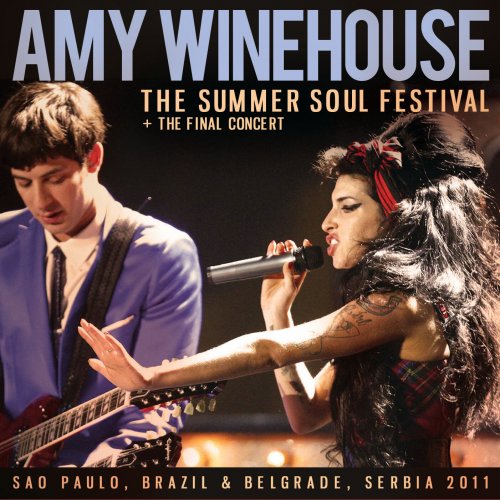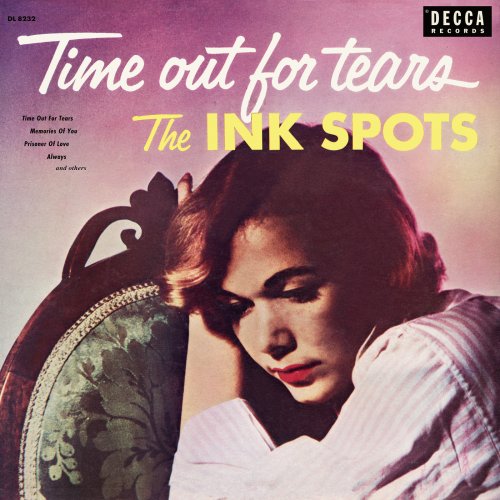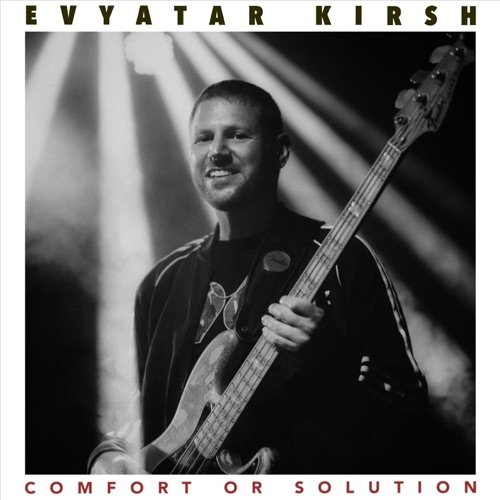Norbert Rodenkirchen, Robbie Lee, James Ilgenfritz - Opalescence (2018)
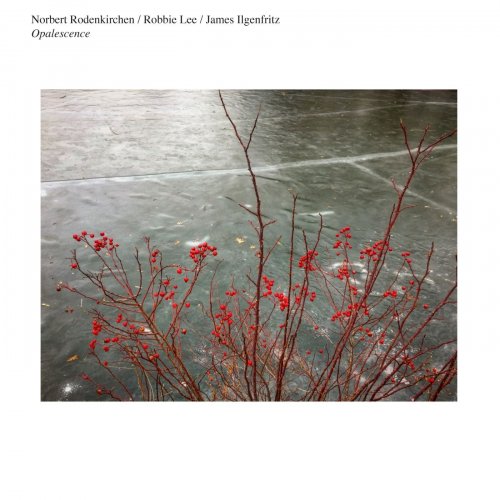
Artist: Norbert Rodenkirchen, Robbie Lee, James Ilgenfritz
Title: Opalescence
Year Of Release: 2018
Label: Telegraph Harp
Genre: Classical, Jazz, Folk
Quality: FLAC (tracks)
Total Time: 49:54 min
Total Size: 245 MB
WebSite: Album Preview
Tracklist:Title: Opalescence
Year Of Release: 2018
Label: Telegraph Harp
Genre: Classical, Jazz, Folk
Quality: FLAC (tracks)
Total Time: 49:54 min
Total Size: 245 MB
WebSite: Album Preview
01. Phosphorescence 03:15
02. Triage 03:39
03. Society of the First Snowfall 06:18
04. Mille Regretz 08:49
05. Vanishing Point 00:56
06. Incandescence 01:56
07. Spectral Corridors 02:36
08. Clair Obscure 03:00
09. Eiszeit 03:22
10. The Invention Of Dreaming 02:58
11. Fluorescence 01:05
12. Kinetoscope Flashes 02:11
13. Last Day-Lost Day 07:28
14. Iridescence 02:15
Opalescence is the new album from the most unusual trio of Norbert Rodenkirchen, Robbie Lee, and James Ilgenfritz. The setting for the initial sessions: hushed microtones bouncing off the reverberant marble walls while a blizzard raged outside. Their backgrounds: an unconventional mix of medieval music, modern composition, various folk traditions, and of course jazz. And the result: an unclassifiable amalgam of improvised settings, falling between the cracks of regular genres, uncompromisingly thorny yet easy to enjoy.
The instruments used could take up a book in their own right: flutes both pre-modern and postmodern, from medieval to quarter tone. The gentle giant that is the contrabass recorder, looking more like a Bauhaus tower than a renaissance sound-anchor. An assortment of other quirky winds, from the wooden piccolo to the glissando sliding headjoint. And the tunings, with radical scordatura on the double bass, to flutes with enharmonic double-keys and special designs, allowing harmonic intervals more perfect than regular instruments can play.
The album is framed with a series of solo composition by Rodenkirchen, with echoes of his solo work on Hameln Anno 1284 and Tibia Ex Tempore. Ilgenfritz begins the track Mille Regretz with an extended solo exploration of arco harmonics, before medieval fragments enter the drone like a dream. Tones of modern and early composers begin to merge (Scelsi, Grisey, Josquin, Machaut).
But the sounds are also fun – as the pastoral folk of Society of the First Snowfall gives way to an exploratory energy that wouldn’t be out of place on an Art Ensemble of Chicago Record – and when Lee’s renaissance clarinet joins his sopranino saxophone at the end, the spirit of Roland Kirk dances with his most ancient precedents, perhaps channeling the ancient Greek aulos double wind instrument.
The instruments used could take up a book in their own right: flutes both pre-modern and postmodern, from medieval to quarter tone. The gentle giant that is the contrabass recorder, looking more like a Bauhaus tower than a renaissance sound-anchor. An assortment of other quirky winds, from the wooden piccolo to the glissando sliding headjoint. And the tunings, with radical scordatura on the double bass, to flutes with enharmonic double-keys and special designs, allowing harmonic intervals more perfect than regular instruments can play.
The album is framed with a series of solo composition by Rodenkirchen, with echoes of his solo work on Hameln Anno 1284 and Tibia Ex Tempore. Ilgenfritz begins the track Mille Regretz with an extended solo exploration of arco harmonics, before medieval fragments enter the drone like a dream. Tones of modern and early composers begin to merge (Scelsi, Grisey, Josquin, Machaut).
But the sounds are also fun – as the pastoral folk of Society of the First Snowfall gives way to an exploratory energy that wouldn’t be out of place on an Art Ensemble of Chicago Record – and when Lee’s renaissance clarinet joins his sopranino saxophone at the end, the spirit of Roland Kirk dances with his most ancient precedents, perhaps channeling the ancient Greek aulos double wind instrument.
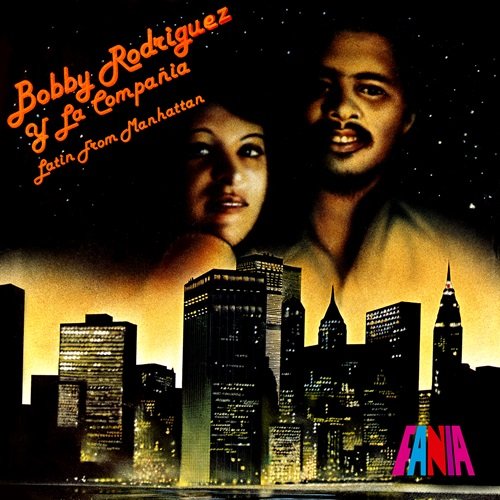
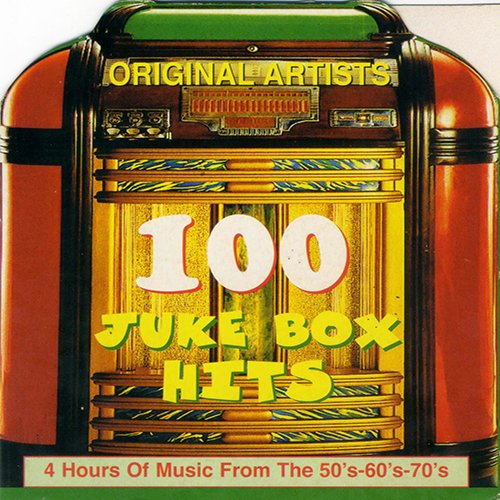
![Ricky Alexander - Ragology (2026) [Hi-Res] Ricky Alexander - Ragology (2026) [Hi-Res]](https://img.israbox.com/img/2026-02/20/u639cld2jig2t4c8jzdm3cvgb.jpg)
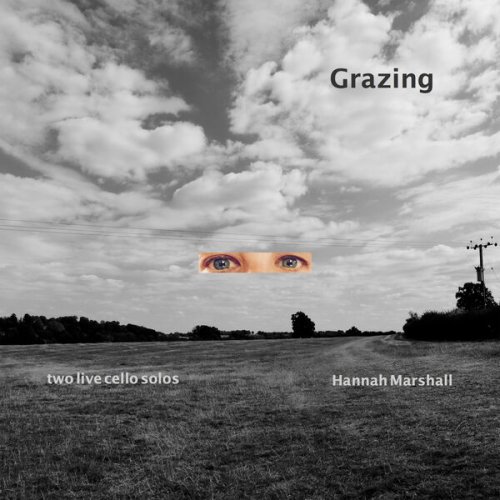
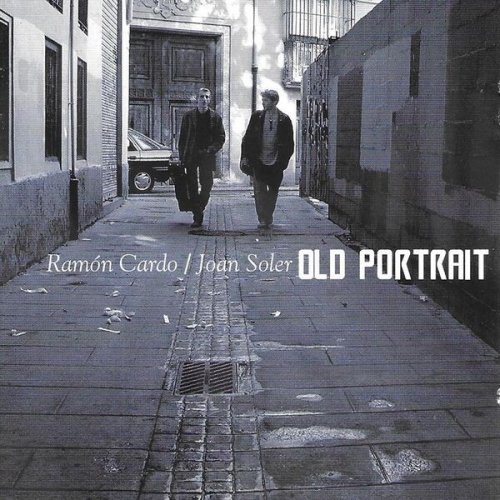
![Æthenor - Hazel (2016) [Hi-Res] Æthenor - Hazel (2016) [Hi-Res]](https://img.israbox.com/img/2026-02/21/u8vm4dsf9wrvmhpl4zso2e791.jpg)
